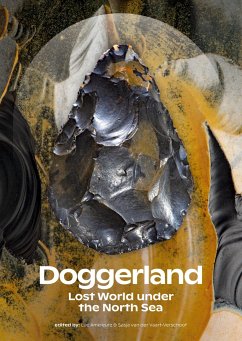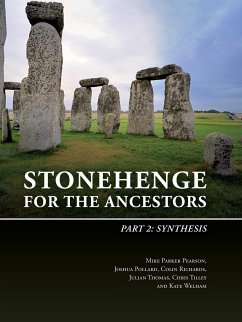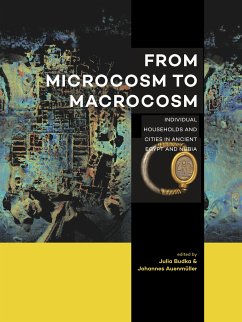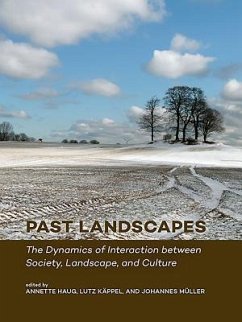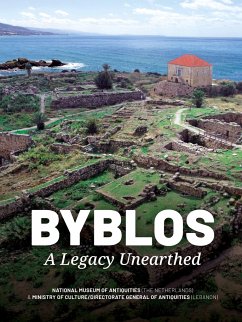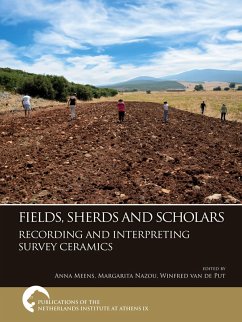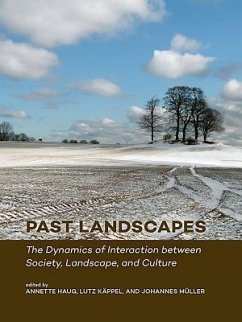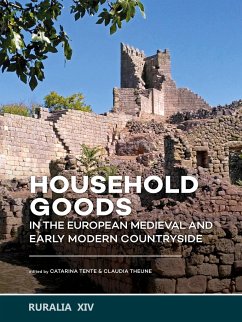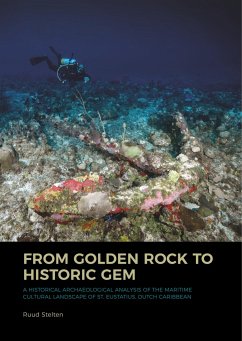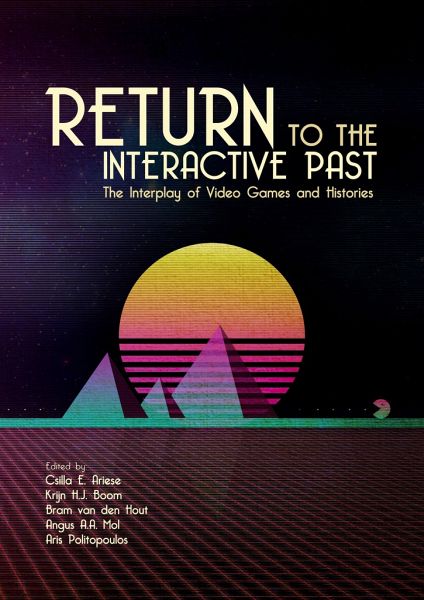
Broschiertes Buch
Return to the Interactive Past
Versandkostenfrei!
Versandfertig in 1-2 Wochen

PAYBACK Punkte
13 °P sammeln!




Explore the complex and creative interplay between video games and humanityâ s past.
Dr Csilla E. Ariese is a museologist with an interest in decolonial practices, community engagement, maritime archaeology, and video games. Her PhD dissertation (2018, Leiden University) explored Caribbean museums and the practices and processes through which they engage with a diversity of communities. Her recent postdoctoral research at the University of Amsterdam focused on the Amsterdam Museum and how it deals with the colonial pasts of its collections and the city. She is a co-founder of the VALUE Foundation, among others organizing the RoMeincraft project and curating the Culture Arcade exhibition. Her publications span the topics of decolonizing museums, Caribbean museums, interactive pasts, and VOC shipwrecks in Australia.
Produktdetails
- Verlag: Sidestone Press
- 1. Auflage
- Seitenzahl: 210
- Erscheinungstermin: 30. November 2021
- Englisch
- Abmessung: 257mm x 182mm x 14mm
- Gewicht: 616g
- ISBN-13: 9789088909122
- ISBN-10: 9088909121
- Artikelnr.: 62475737
Herstellerkennzeichnung
Die Herstellerinformationen sind derzeit nicht verfügbar.
Für dieses Produkt wurde noch keine Bewertung abgegeben. Wir würden uns sehr freuen, wenn du die erste Bewertung schreibst!
Eine Bewertung schreiben
Eine Bewertung schreiben
Andere Kunden interessierten sich für


